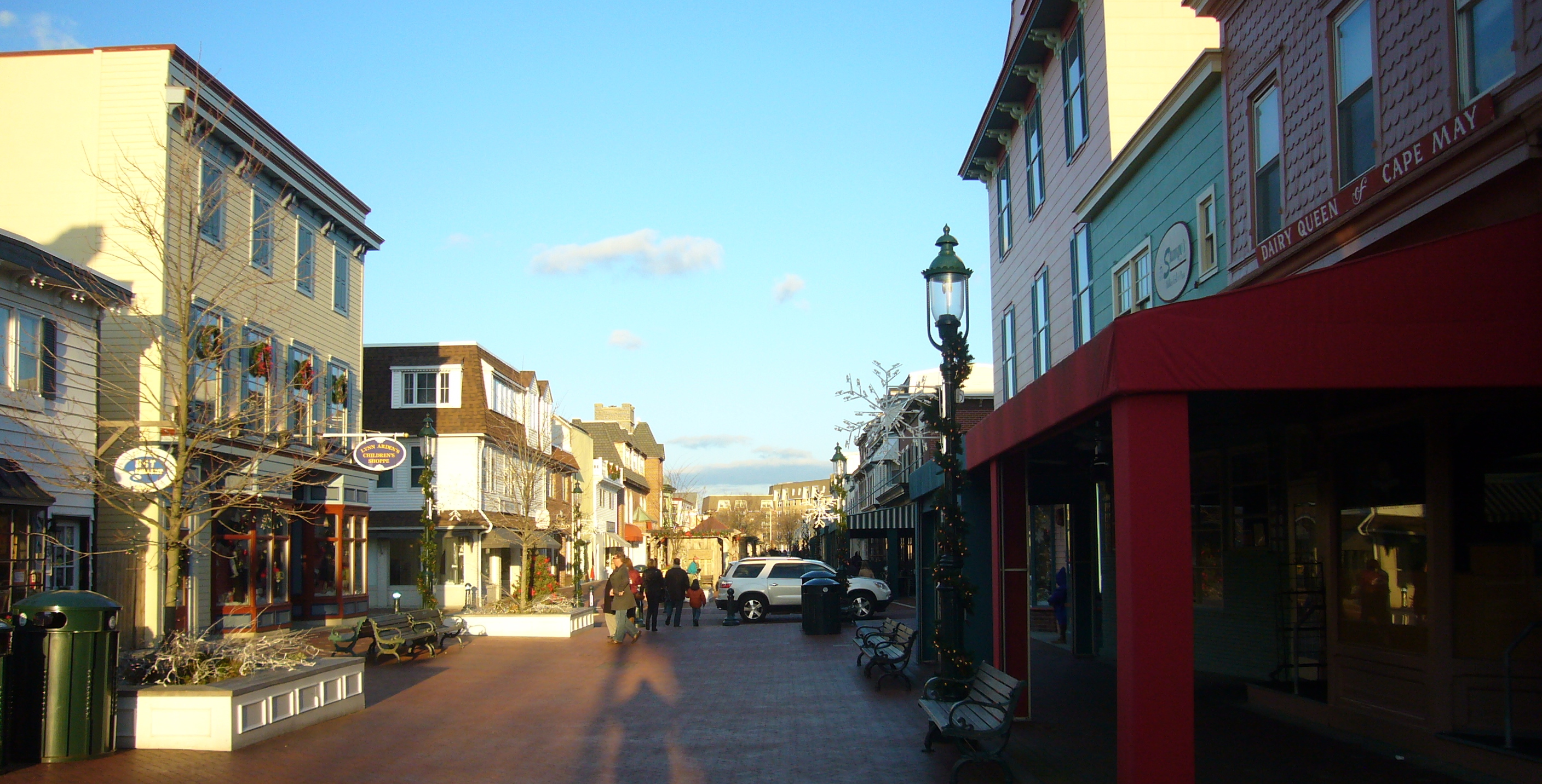What we’re up to is, essentially, creating a new kind and level of community. To begin with, we are talking about building new cohousing communities — an innovation in the region, neighborhoods that are built to engage and to facilitate interaction. This is, in the age of the mass society, a radical concept in itself: eco-communities in which people actually get to know each other and become part of each others’ lives.
More broadly, however, we’re seeking to engage entire existing communities, especially those where we hope to build ecovillages and cohousing neighborhoods, and bringing now and old residents together for a dialog around a sense of place and a new way of interacting.
Part of this is based on the philosophy of “Dynamic Governance,” where “we the people” need to create new forms of organizations to manage the institutions that are failing us. Part of it is guided by the principles of Permaculture, of ecology, and of regenerative design. Above all, it is based on whole-systems and transformational thinking. The latter recognizes that “community” lives in conversation, while the former asserts that structure largely determines action. As Buckminster Fuller argued, if you want people to behave differently, you have to provide them with a context in which that behavior occurs as natural.
That context is a functioning community, where the possibility of harmony with nature and with others is nurtured, and where the needs of all can be met at some level. It’s where the needs of some members aren’t being met that there is conflict.
Our work, at CRCS, the Center for Regenerative Community Solutions, needs to be seen in this light. It is opportunistic, in that we address the immediate issues and opportunities as we encounter them — in housing, in finance, and in governance — but it is unified by the overall goal of building a world that works for everyone.
Its latest expression, “a possible New Jersey,” is also meant to be unifying. If we can get people working effectively together here, we can probably do it anywhere. The path to sustainable prosperity is one that we must forge together. We invite you to join us.
